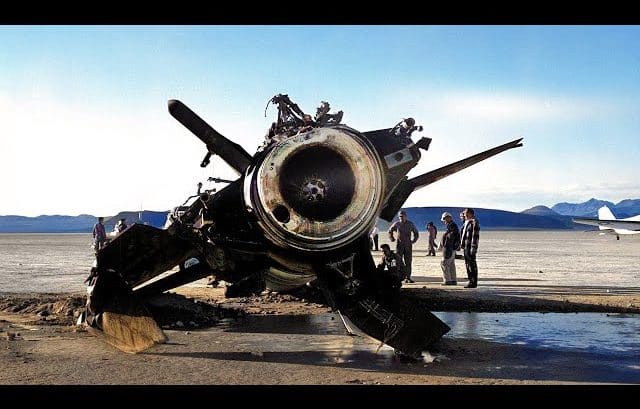On October 3rd, 1967, Major William “Pete” J. Knight’s North American X-15 began tearing through the atmosphere with a record-breaking speed of 4,520 miles per hour – equal to Mach 6.7.
Soon, the temperature of the aircraft’s exterior reached 2,500 degrees Fahrenheit and was melting around its pilot.
Age of Supersonic Flight
In the 1950s, supersonic aircraft became the singular focus of aeronautical design.
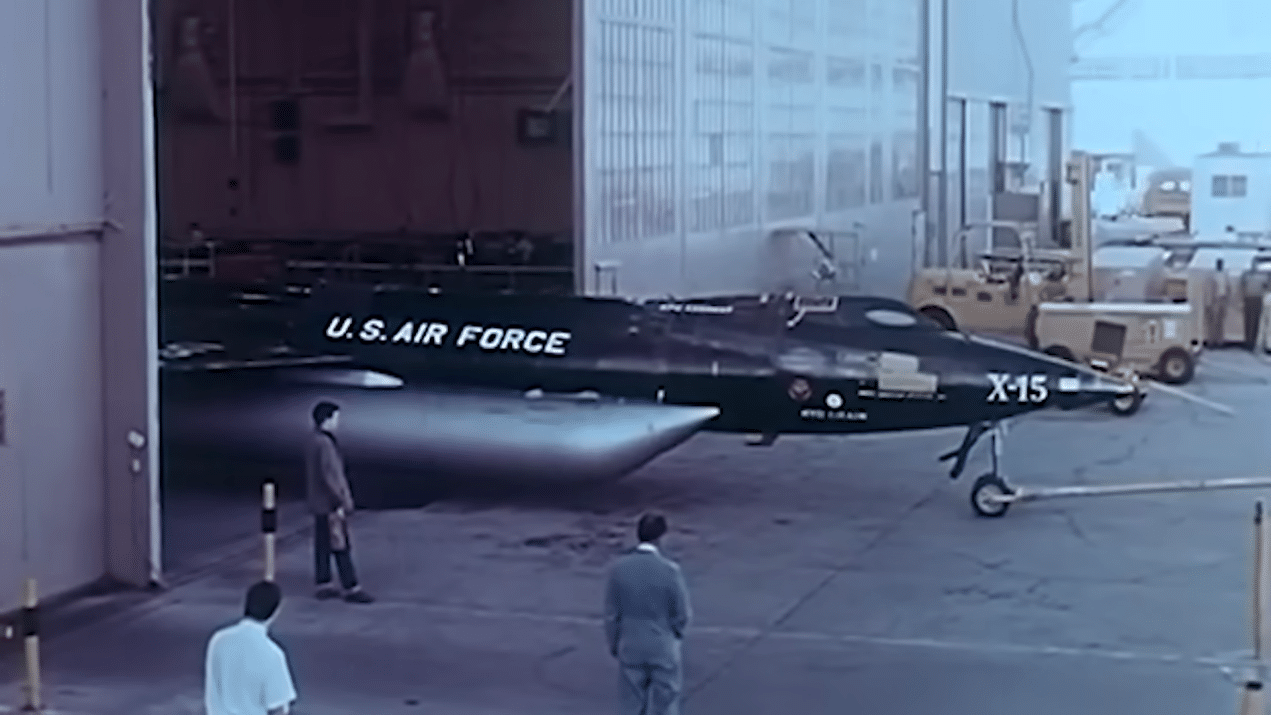
After two decades, another milestone was achieved – the X-15, defying comprehension and blazing through the skies with a staggering Mach 6.7 top speed. This catapulted aviation into the age of hypersonic flight.
An Ambitious Flight
The X-15 represented a culmination of years of dedicated work. Unlike its supersonic predecessors, the X-15 defied convention with its wider fuselage, blunted nose, and thicker wing, featuring a blunt leading-edge design choice to reduce the intense aerodynamic heating experienced at high speeds.
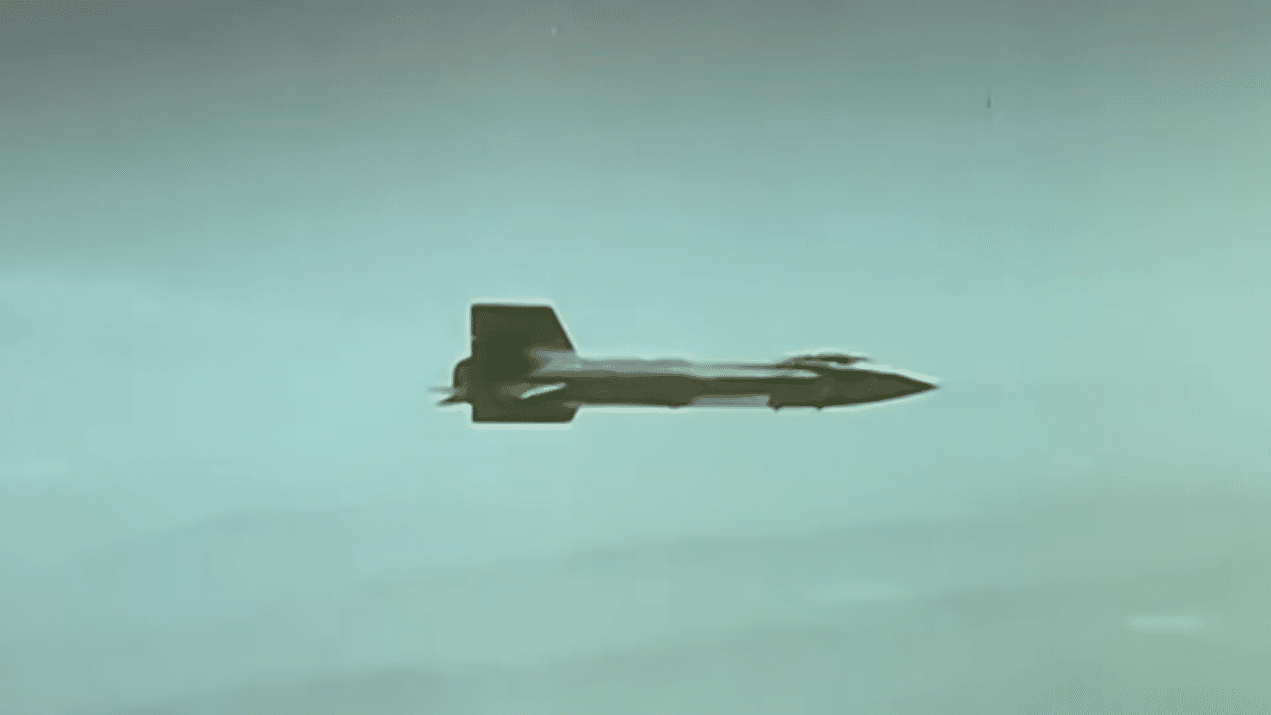
Primary Objective
The main objective of the X-15 was to serve as a platform for testing conditions future astronauts would encounter as the US embarked on its ambitious journey into space.
It would explore a number of challenges posed by hypersonic flight. This includes high aerodynamic heating rates, stability and control, and psychological phenomena.
Prelude
For its first flight, mother ships enabled the X-15 to reach a base speed of 500 mph and an altitude of 8.5 miles prior to launching.
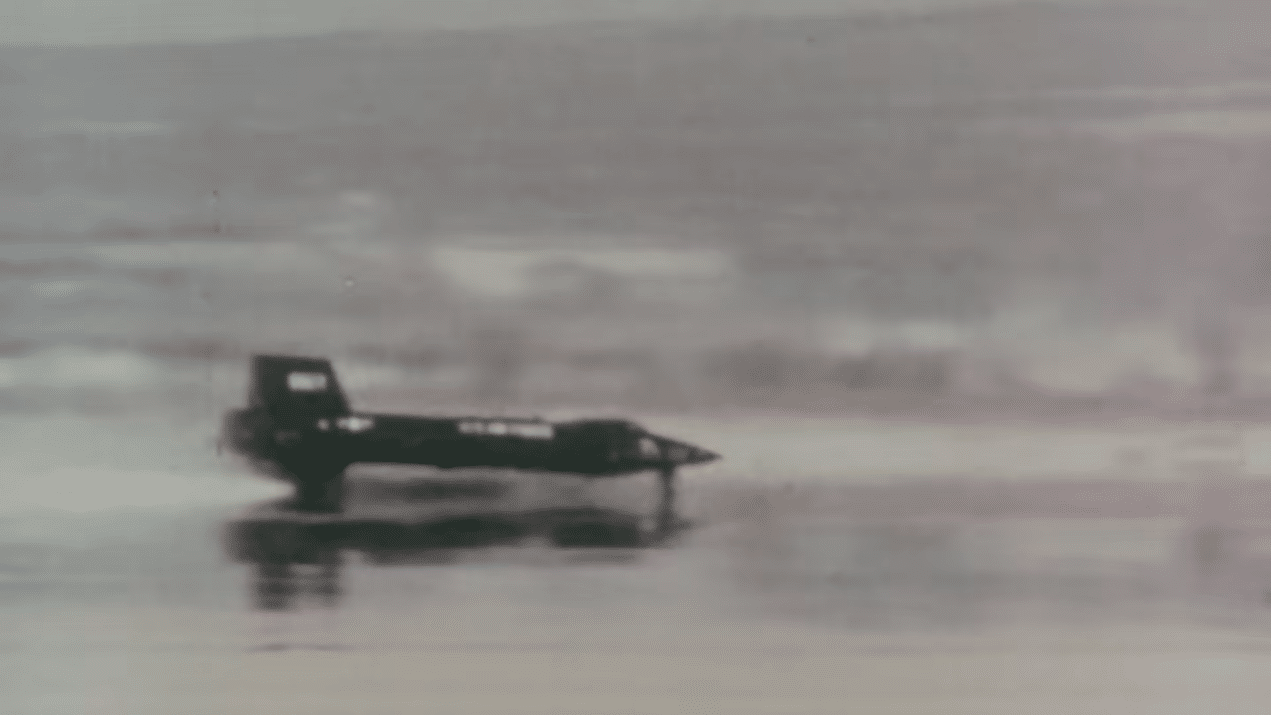
Then, after an exhilirating release, the X-15 embarked on its maiden flight achieving a speed of Mach 7.9 during its descent to the desert floor below. This is just a prelude to what will unfold in the next couple of days.
Breaking World Records
The X-15 would eventually shatter unofficial world speed and altitude records. In particular, one record stands tall today, the highest speed recorded by a crewed power aircraft.
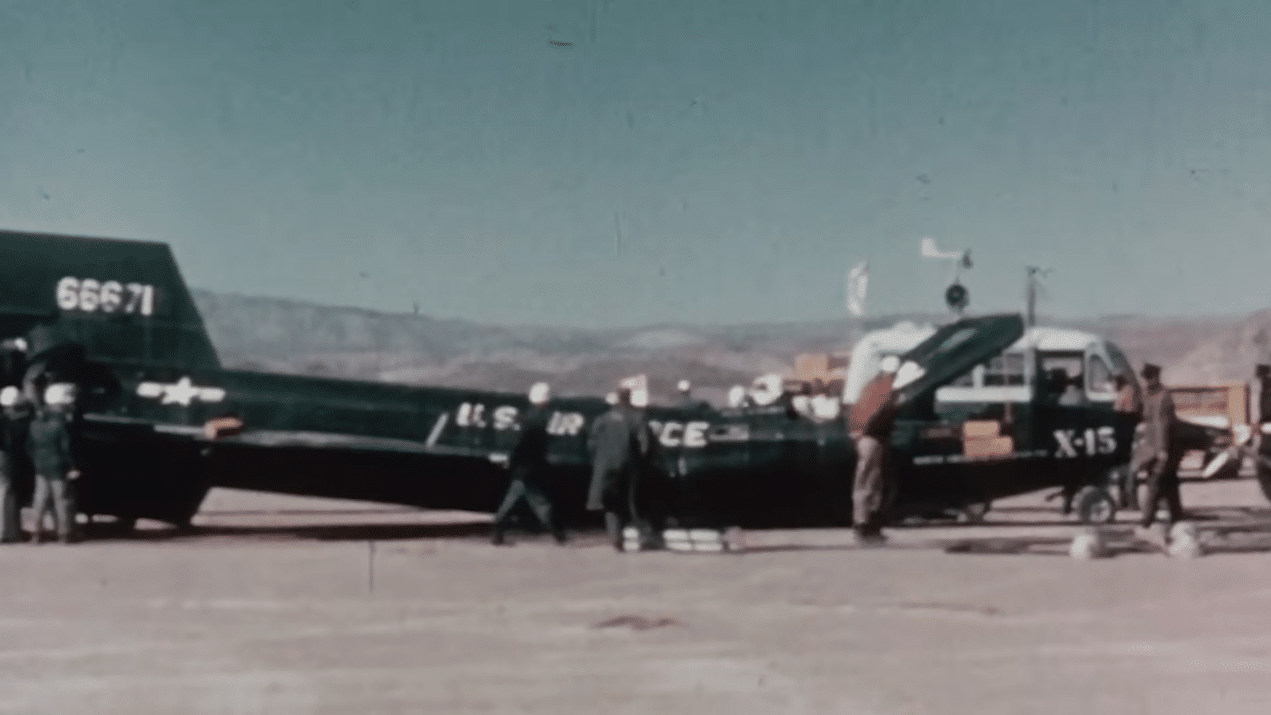
On October 3, 1967, William J. Knight flew at Mach 6.7 at an altitude of 102,100 feet. What an achievement!


